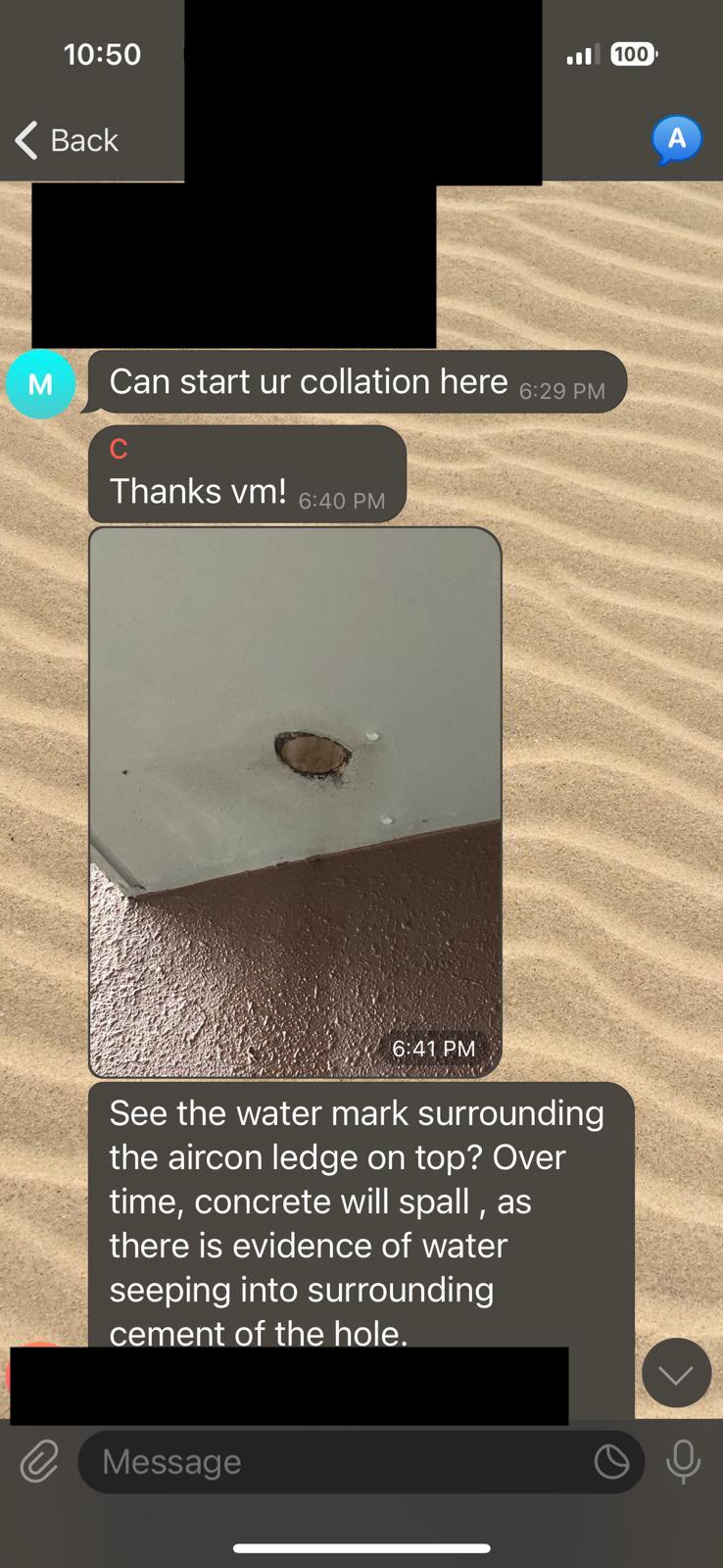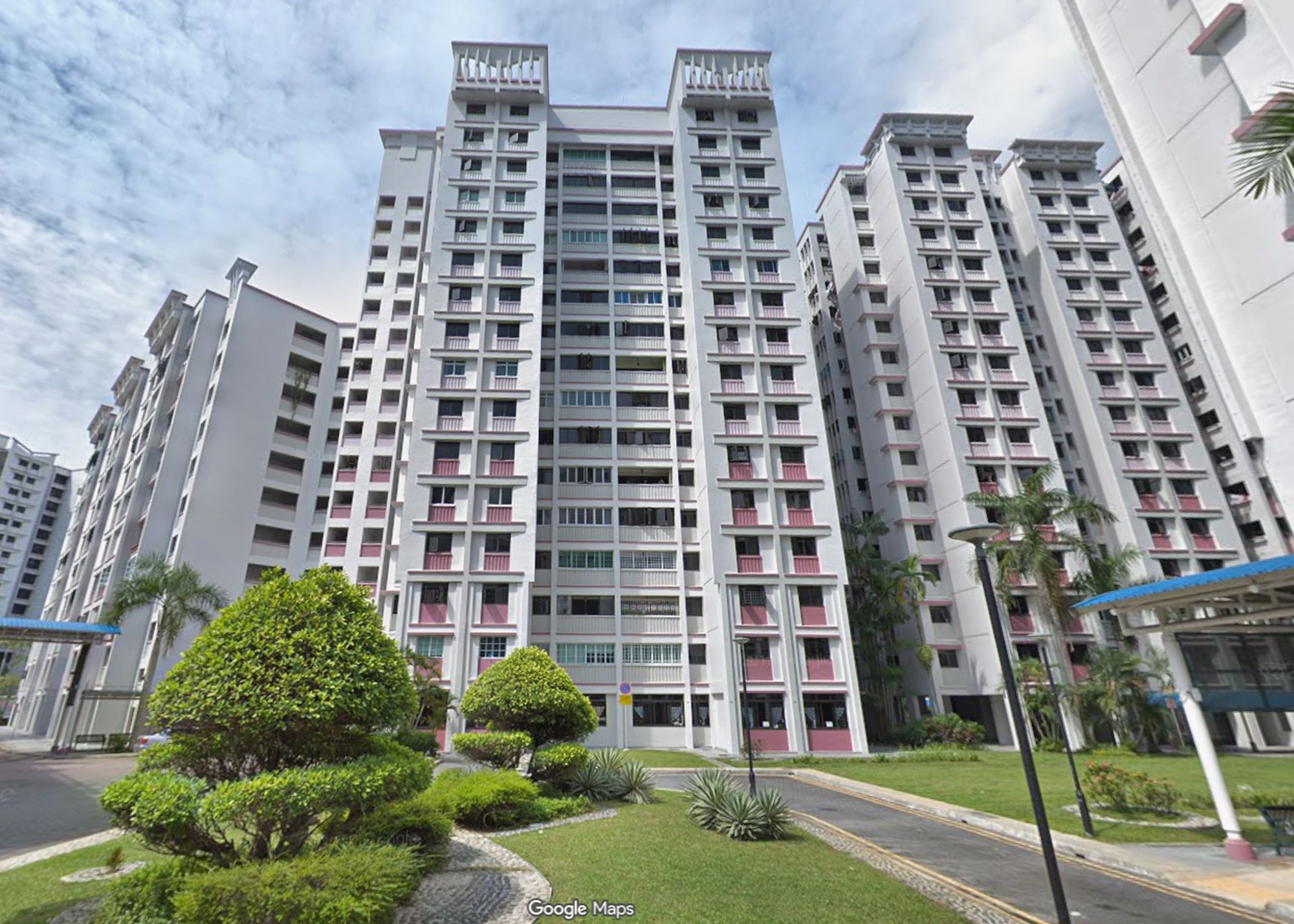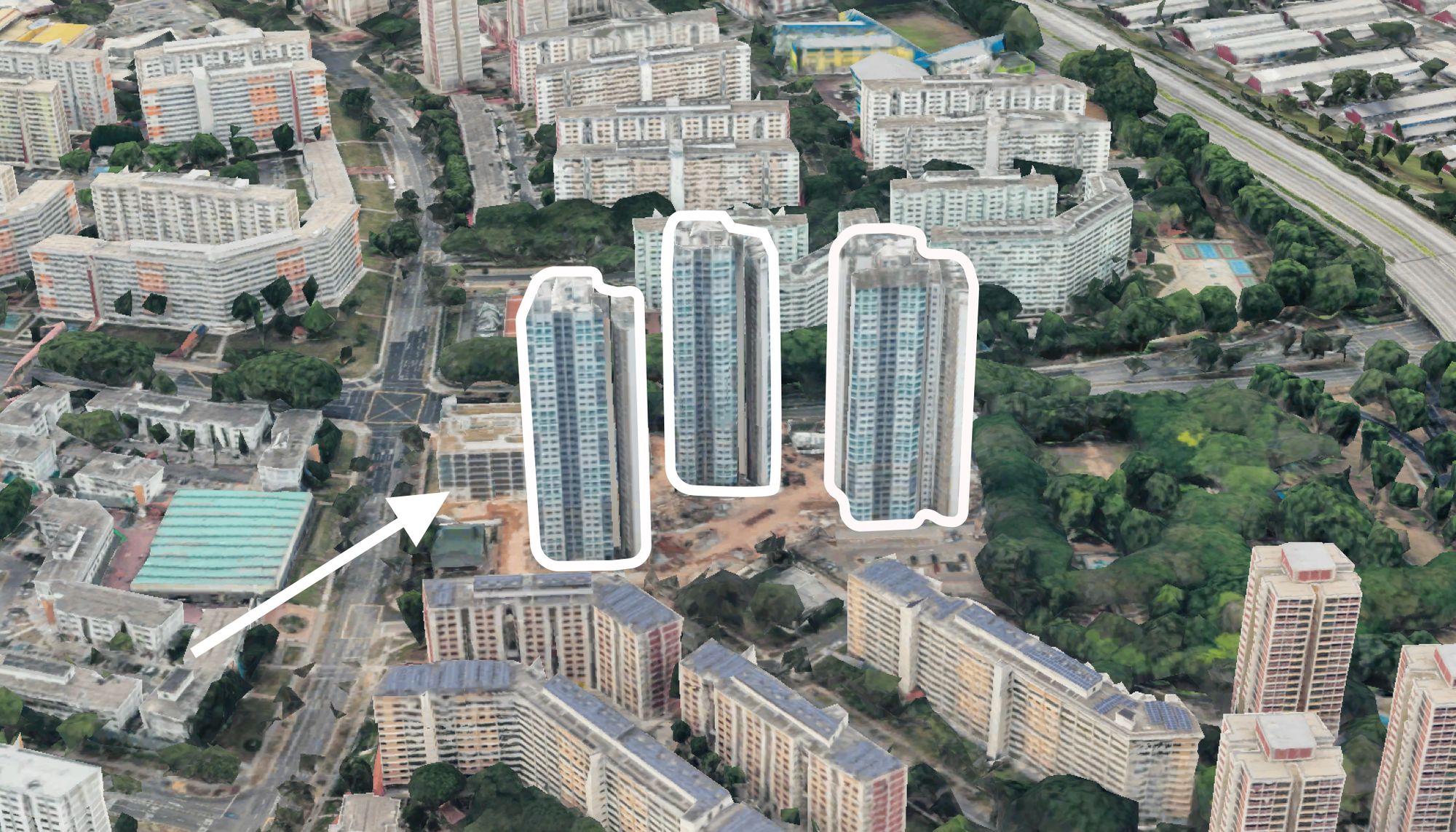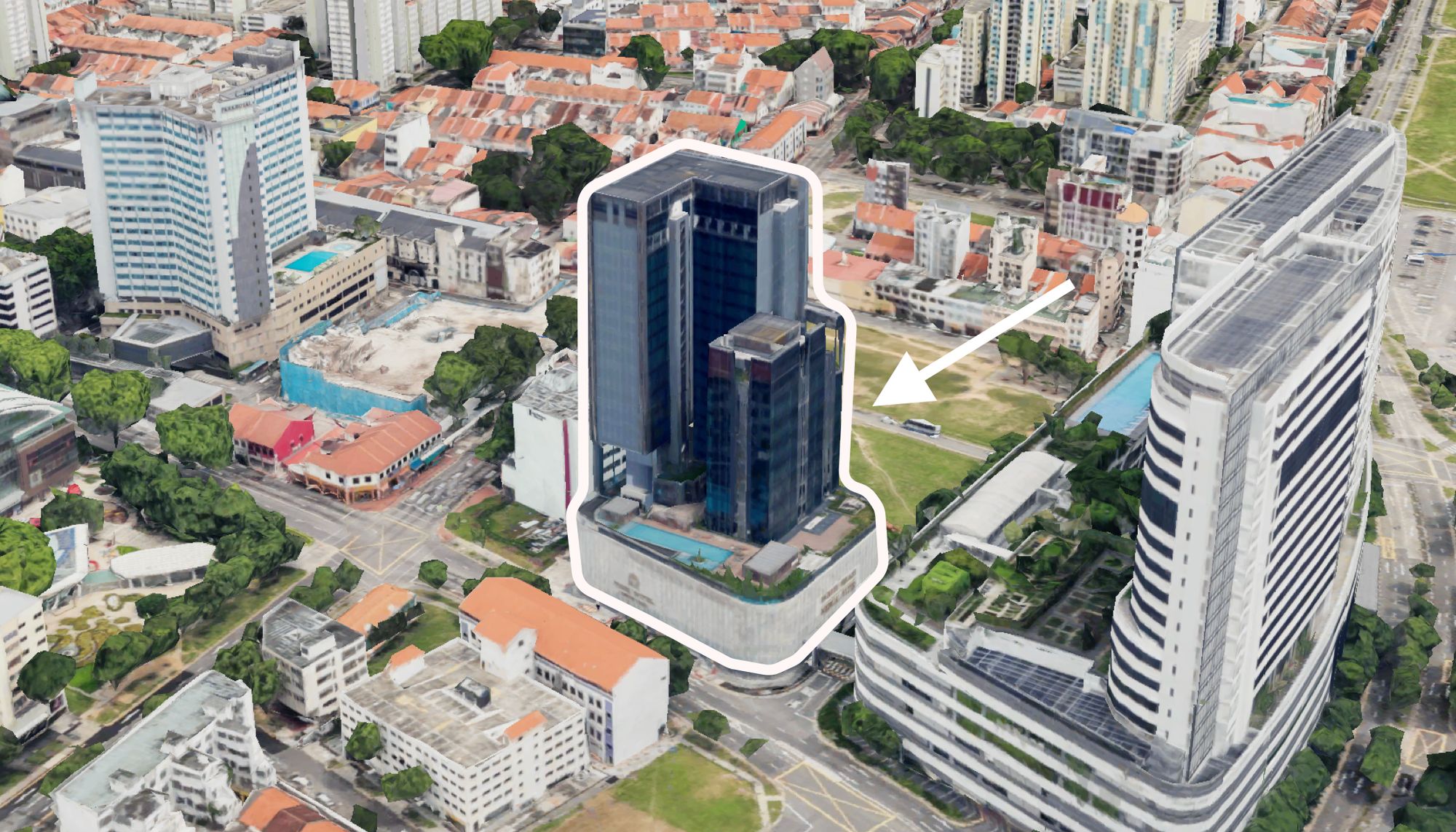The Rise Of The Telegram/WhatsApp Group Chat: How These Chat Groups Affect Condo Living
March 8, 2023

A subtle, powerful, change has taken place in the way condos are run. From older resale properties to new launches in recent years, condos have seen a surge in collective action, active resident committees, and – unfortunately – snooping around on each other. For good or for ill, the chat group is changing the way strata-titled living is run and managed:
Changes in the Group Chat era
These days, one of the first things you get asked when you move in is “Are you on the chat?” Whether it’s Telegram or WhatsApp etc., condo residents can effectively communicate across large groups, 24 hours a day. Speaking to some property managers as well as homeowners, they’ve noticed the following changes:
- Collective action is easier
- Maintenance issues are reported quicker
- Some friction from photos and videos of other residents
- More participation at condo events
- Some unrealistic expectations from residents
Table Of Contents
1. Collective action is easier
The common consensus is that, with the chat group, collective actions get organised much more quickly. In one of the new launch condos recently (owners asked that the name not be revealed), residents photographed defects in the clubhouse, swimming pool, and other common facilities.
Via WhatsApp, the owners coordinated with each other and combined their knowledge; some people on the chat were legal professionals, and others had experience in construction or property management.

It took less than a week for a comprehensive list of defects to be photographed and compiled, and several hundred households pressured the developer into fast action. One of the owners said:
“In my previous place, it took a long time for everyone to come together, compare experiences, and notice we were seeing the same problems. Here with the (chat) group, it’s very fast – two or three people see an issue, and by the same evening there can maybe 50 or 60 people already demanding action.”
2. Maintenance issues are reported quicker
One property manager said that group chats can help to make their job easier. At the project he manages, he has devised a system that is both quicker and more effective than old-school processes:
“Last time I would say if something is wrong, something is broken, send an email or drop by the office to let us know. But most residents usually don’t have time for this, or sometimes they see an issue, but it can be many hours or the next day before they actually report.
Nowadays I have formed a group chat for any problems that residents see. They just have to take a photo, to show a leak somewhere, or some broken glass, and put it in the chat. They just text where is the issue.”
Another advantage provided by chat apps is an “early warning” system:
“We can quickly blast out a message that there are checks by SCDF soon, so please don’t block the sensitive areas with your shoe racks, bicycles, or all of that, otherwise we have to pass down the fine. Very effective, compared to last time when people just ignored our emails.”
The manager adds that people who wouldn’t usually report maintenance issues – such as elderly folk, domestic helpers, and even school children – now text maintenance issues that they spot:
“Because it’s easier for them, compared to last time when we asked residents to write an email. Also, I notice people nowadays don’t like to call. They don’t mind sending a picture on the chat group, but they don’t like to call the office. So the chat group is like our extra eyes and ears.”
This has also helped with residents who have newly moved in. Whether it be issues that they are facing with the unit, or finding solutions for issues that only residents of the condo face (like finding mosquito nets, etc), these group chats have been very useful as an insider resource for residents.
3. Some friction from photos and videos of other residents
One drawback of the chat group revolution, according to some residents, is the worry of others posting pictures of them.
One reader, who just moved into her unit a week ago, told us:
“I was at the gym with my daughter and my helper when I thought I saw someone taking a picture of us, but I wasn’t sure so I kept quiet.
Later my husband showed me a picture in the chat group, that was only my helper – but the picture left out me and my daughter. And someone was complaining the helpers shouldn’t be using the gym. But actually, she was just there to bring me my water!”
More from Stacked
The Downside Of Buying A BTO Flat In Singapore: 4 Lesser-Known Challenges Of The 5-Year MOP
Many Singaporeans are aware of the main drawback of the Minimum Occupancy Period (MOP): ask around, and the most common…
Another condo resident says that, in a recent event, a quarrel started over the group chat when someone posted a photo of a badly parked car (it was between two parking lots). This raised issues on whether residents should be allowed to post pictures of each other.
The property manager we spoke to said staff now tread carefully as well:
“With the chat group and the internet and all, it’s very easy to become a ‘star’ for the wrong reason. We tell staff to be extra careful; think before they want to shout or have any drama…
…nowadays, one video on the group chat, less than five minutes all the residents know your face already; and they are demanding to know why we let such things happen.”
4. More participation at condo events
One recent condo buyer says that her current home is livelier than her previous HDB flat:
“I was told that in condos there is less community spirit, especially here where we have only two units to a floor. But once I joined the chat group, I found the community here has more events and is more active than my town council was in my flat.
New Year, Christmas, and even free tuition and revision sessions get organised on Telegram. And every other weekend we have a flea market at the clubhouse, and the turnout is so huge it’s like a pasar malam.”
Another reader says that thanks to the chat groups, she barely has to pay attention to circulars or emails about events anymore.
“Sometimes when I check my phone, I can see texts buzzing about some event downstairs. I know a lot of people are like me, and never actually pay attention to calendar events; but because it’s on the chat, I will go down and see whatever’s going on. So it does help participation.”

Besides this, there has also been the rise of group buys that have been born out of these collective group chats. A lot has already been said in this CNA Insider article, but in short, it has also allowed residents to get to know each better. Whether it is through constant interaction from the group buys, or just general chats in the group daily about what is the next exciting arrival – it does help to foster a closer community.
5. Some unrealistic expectations from residents
One member of a condo staff says the chat groups have made his job harder. The main cause is growing and unrealistic expectations, of how fast a problem can be solved.
He says: “Some residents text a picture of a leak or other damage, during non-office hours; sometimes even after midnight. Then they get angry, they expect an instant response.”
He noted that active groups were also quite demanding, sometimes taking videos of work-in-progress, and commenting that workers are being lazy.
“A few times I had to text back to say workers also need to have their lunch break, or that they are waiting for materials and equipment. In the chat group, there are some who behave like they are the construction foreman. They take photos of sleeping cleaners, or security guards who are chatting, to complain to the whole group.”
Overall, however, the rise of chat groups has been more of a plus than a minus (the downsides and upsides are very much the same as what you’d think of social media); and many condo residents said they preferred communicating over such group chats, rather than the old system of private emails or calls to the management office.
We do expect that, in coming years, condo management will learn to use chat apps as a way to handle facility bookings or to send general announcements.
Already, more residents tell us they receive updates about maintenance fees, pool closures, or renovation works via their phones, rather than lift lobby notices. And it would save a lot of paper if management didn’t have to send physical notices to each and every household.
For more on trends and happenings in the Singapore private property scene, follow us on Stacked. If you want a closer look at any specific project, also check out our in-depth reviews of new and resale units alike.
At Stacked, we like to look beyond the headlines and surface-level numbers, and focus on how things play out in the real world.
If you’d like to discuss how this applies to your own circumstances, you can reach out for a one-to-one consultation here.
And if you simply have a question or want to share a thought, feel free to write to us at stories@stackedhomes.com — we read every message.
Frequently asked questions
How do condo chat groups make collective action easier?
In what ways do chat groups improve maintenance reporting in condos?
What are some concerns residents have about privacy in condo chat groups?
How do condo chat groups influence participation in community events?
What challenges do chat groups pose for condo staff and management?
Ryan J. Ong
A seasoned content strategist with over 17 years in the real estate and financial journalism sectors, Ryan has built a reputation for transforming complex industry jargon into accessible knowledge. With a track record of writing and editing for leading financial platforms and publications, Ryan's expertise has been recognised across various media outlets. His role as a former content editor for 99.co and a co-host for CNA 938's Open House programme underscores his commitment to providing valuable insights into the property market.Need help with a property decision?
Speak to our team →Read next from Singapore Property News

Singapore Property News The Most Expensive Resale Flat Just Sold for $1.7M in Queenstown — Is There No Limit to What Buyers Will Pay?

Singapore Property News Why Housing Took A Back Seat In Budget 2026

Singapore Property News An Older HDB Executive Maisonette Just Sold For $1.07M — And It Wasn’t In A Mature Estate

Singapore Property News Why The Feb 2026 BTO Launch Saw Muted Demand — Except In One Town
Latest Posts

Property Market Commentary We Review 7 Of The June 2026 BTO Launch Sites – Which Is The Best Option For You?

On The Market Here Are The Cheapest 4-Room HDB Flats Near An MRT You Can Still Buy From $450K

Pro We Compared Lease Decay Across HDB Towns — The Differences Are Significant






























0 Comments